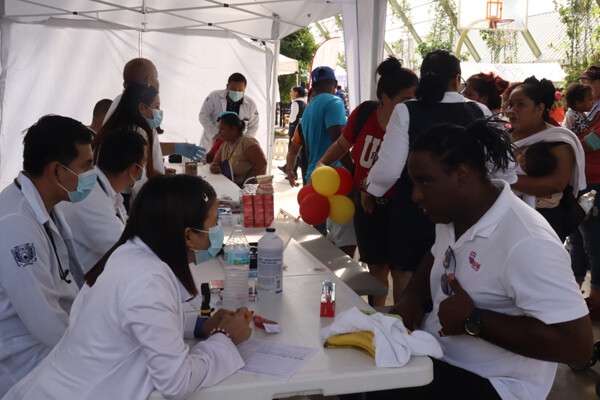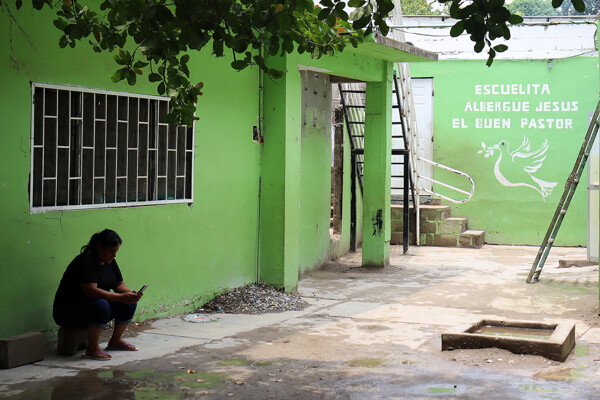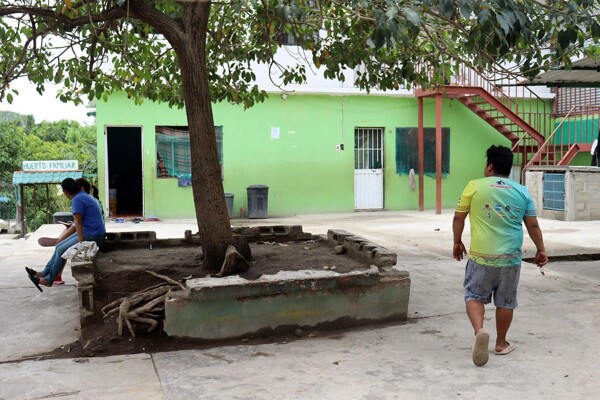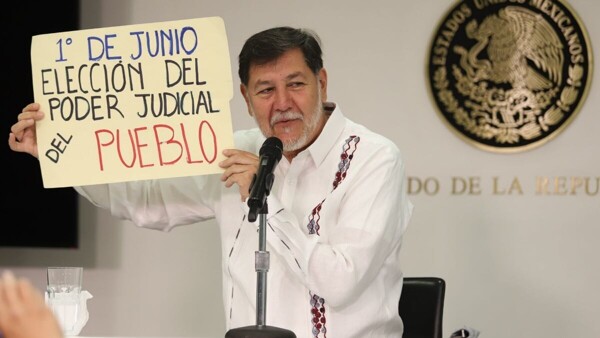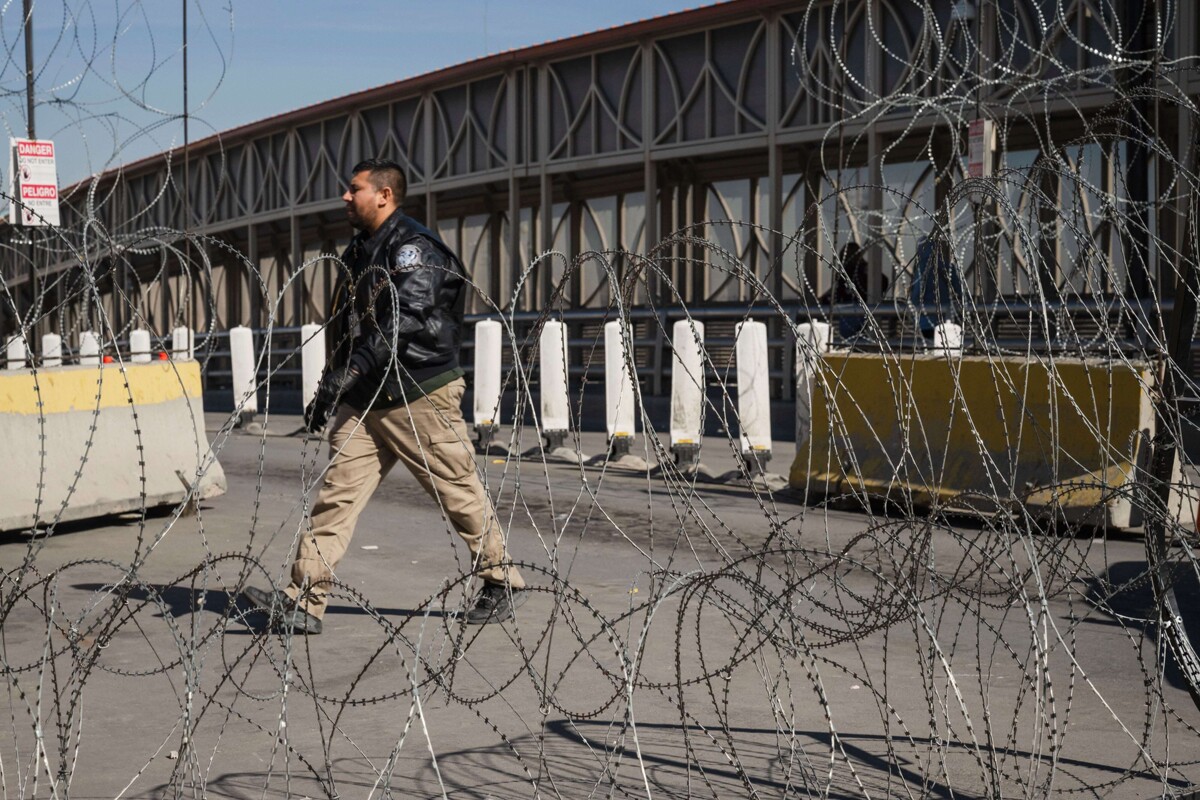
Each crisis, each tragedy, and every life lost along the way become mere statistics in the containment game, where the border serves as more of a symptom than an effective solution. Title 42, like walls, patrols, and previous laws, fails to stop migration; it simply shifts it to more inhospitable, expensive, and violent routes.
Migration policies are planned in distant offices and signed in black ink, but they are executed in inhospitable terrains, rivers, and train cars inhabited by those who have lost almost everything. The border thus becomes a funnel that does not reduce the migratory flow, but rather stagnates it, creating humanitarian crises in cities that no one wants to face, like Tapachula, which is overflowing.
The reinstatement of Title 42 will have profound consequences beyond the electoral. The northern border of Mexico will become a zone of human exclusion, fueling organized crime, generating diplomatic tensions, and exacerbating violations of asylum rights. The designers of migration policies seem unconcerned about empowering traffickers, cartels, and predators that exploit fear and despair.
For Mexico, this reinstatement represents a dilemma without a clear solution, agreeing to deals that turn the border into a filter serving other countries. Title 42, disguised as a health measure, becomes a tool of exclusion that criminalizes those seeking to escape violence and misery.
The containment policy, useless and crude, generates more humanitarian crises and makeshift shelters. Migratory routes become crueler, fragmented, and the most affected continue to be the same: vulnerable migrants seeking a better life. The journey through Mexico has become hostile, full of checkpoints and barriers forcing migrants to move in secrecy.
Title 42, initially invoked for health reasons, has summarily expelled millions of people and annulled their right to asylum. The measure is now justified by tuberculosis, and fleeing migrants are exposed to more dangers, kidnappings, and exploitation in their desperate attempt to seek a better life.
The imposed restrictions only feed the secrecy and danger of migratory routes, without stopping the human flow. The logic of deterrence at the expense of migrant lives is repeated over and over again, while those legislating from afar seem to forget the humanity of those fleeing in search of a better future. The necessity to flee from despair does not stop at walls or decrees, because it is a force more powerful than any barrier imposed by man.











